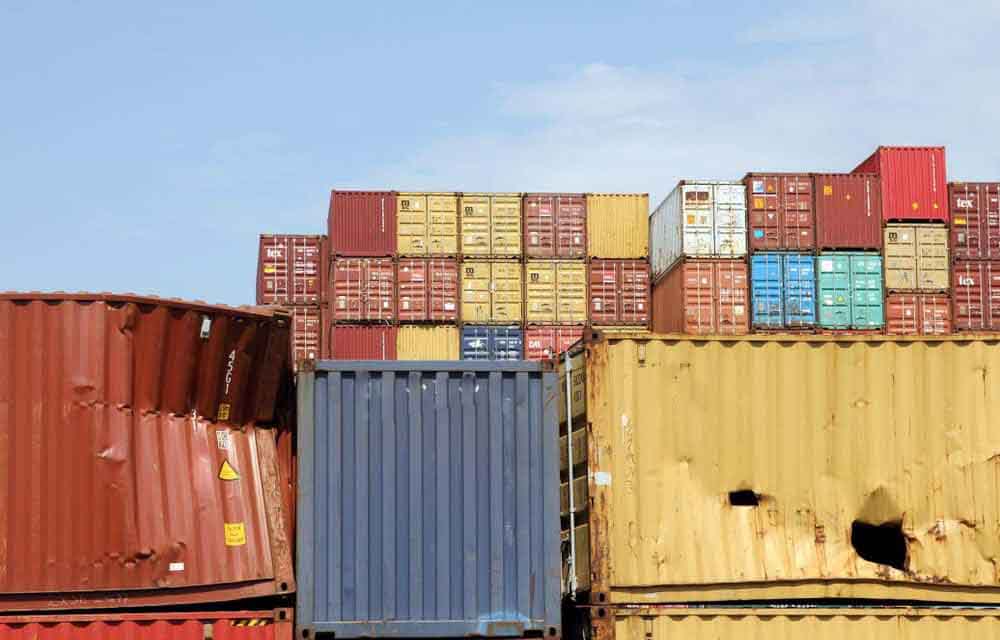Inspection of Reefer Container and Cargo Damage
/by Mr. Sumanta Kumar TaraiReefer containers are like mobile refrigerators that are used to transport perishable cargo such as fruits, vegetables, meat, fish, seafood, and medicines in a controlled atmosphere and temperature to prevent deterioration of the contents therein.
Before stuffing cargo into the 40' or 20' reefer containers, a pre-trip inspection is carried out. It is a thorough inspection conducted on an empty reefer container before releasing it to the customer and ensuring that the functioning of the cooling unit, temperature control, and recording devices are in order. PTI (Pre-Trip Inspection) also includes checking the container for structural damages, working of the reefer unit as well as the generator set according to the specifications of the manufactures. All of the detected damages and malfunctions identified during PTI are taken care of and also ensured that the container is internally clean and dry. The shipper recommended temperature, ventilation, and humidity are set and confirmed that the unit is ready in all respect to receiving the cargo.
Ventilation has a vital role to prevent damage to cargo caused due to accumulated gases emitted by perspiration of the cargo such as fruits and vegetables. Ventilation is replacing the air inside the container by the supply of air from outside the container to remove gases. For the exchange of vent air, the cargo should not be stuffed above the load line limit and beyond the T-floor. The reefer units are maintained at the required set temperature for the duration of the sea transit. The machinery has a facility to record the data of set, supply, and return temperature, alarms throughout the entire transit period provided the unit remains plugged into the power supply.
Cargo damage is one such great loss that may sour the relationships between a customer and their exporter if resulted due to mishandling and incorrect stowage of cargo at the loading port. It generally occurs when inexperienced staff handle the load out of the cargo and stuffing. Some reasons for damages are as follows:
1. Improper packaging of the cargo.
2. Incorrect setting of the temperature in a reefer container. (Set point temperature)
3. Not pre-cooling cargo before stuffing within the reefer unit at load port.
4. Overloading of the cargo or improper stowage with the reefer, restricting cold airflow.
5. Machinery breakdown or malfunction and power supply failure.
In most of the cases, we have noticed that the question about the quality of cargo (age of fruits and vegetables) is a major point of contention. The pre-shipment condition of the cargo also may adversely affect the cargo condition out-turned at the destination.
We, at Constellation Marine Services LLC, as independent ship & marine surveyors, often get nominations from our various overseas & local clients to carry out a joint survey of affected cargo shipped in reefer container in order to investigate the nature, cause, and extent of loss/damage suffered by the shipment. The constellation team of surveyors is well equipped and experienced in dealing with such issues and situations as well as to mitigate the loss.




Leave a Reply
Want to join the discussion?Feel free to contribute!